This year marks the return of Joan Didion, who, in March, will publish South and West: From a Notebook (her collected jottings from a 1970 road trip across America). Roxane Gay just released her first collection of short stories, Difficult Women, which peers into corners of female life both familiar and forgotten. Journalist Ariel Levy is launching her feminist memoir Rules Do Not Apply in spring. And next month, prolific poet, novelist, and tweeter Joyce Carol Oates (the slightly wild gothic godmother you always wanted) will add another novel, A Book of American Martyrs, to her list of over 100 published titles. In other words: it’s a good year for women who write and read, even if women’s futures — and the future of American writing — look a little less bright. (As Eileen Myles pointed out this week, Trump’s rumored inaugural poet is as terrifying/hilarious as his inauguration ball lineup, which includes The Mormon Tabernacle Choir and Three Doors Down.)
Here are ten books by emerging female voices to remind you that powerful writing and powerful women are stronger and more important than ever in 2017.

Jenny Zhang, Sour Heart
Lena Dunham and Jenni Konner are launching their Lenny publishing imprint (part of Random House) with two titles this year, and Jenny Zhang’s Sour Heart is one of them. The book will hit shelves in August and is the Brooklyn writer’s first-ever collection of short stories. Zhang has already let loose two poetry collections and the essay chapbook HAGS, which features a memorable segment about fucking cucumbers. Zhang’s writing is intimate, funny, and occasionally alarming, upturning assumptions about (Asian-American) women through deftly told, taboo-breaking anecdotes that center on everything from poop to haphazard sex. Who knows where Sour Heart will lead, but it will likely be a place both glorious and gross (Lenny, August 1).

Olivia Sudjic, Sympathy
It’s likely that no other writer has ever attempted to describe the specific, consuming frustration triggered by the appearance of a lock symbol on a once-public Instagram account. London-based writer Olivia Sudjic’s first novel describes the pangs of online obsession with unparalleled, panic-inducing accuracy. Sympathy follows 23-year-old Alice Hare, a new arrival in New York, on a fervid journey through several stages of infatuation after she becomes fixated with a young Japanese writer named Mizuko Himura. The novel is an all-too-real depiction of the fickle feeling of closeness the internet can inspire (Houghton, Mifflin, Harcourt, April 4).
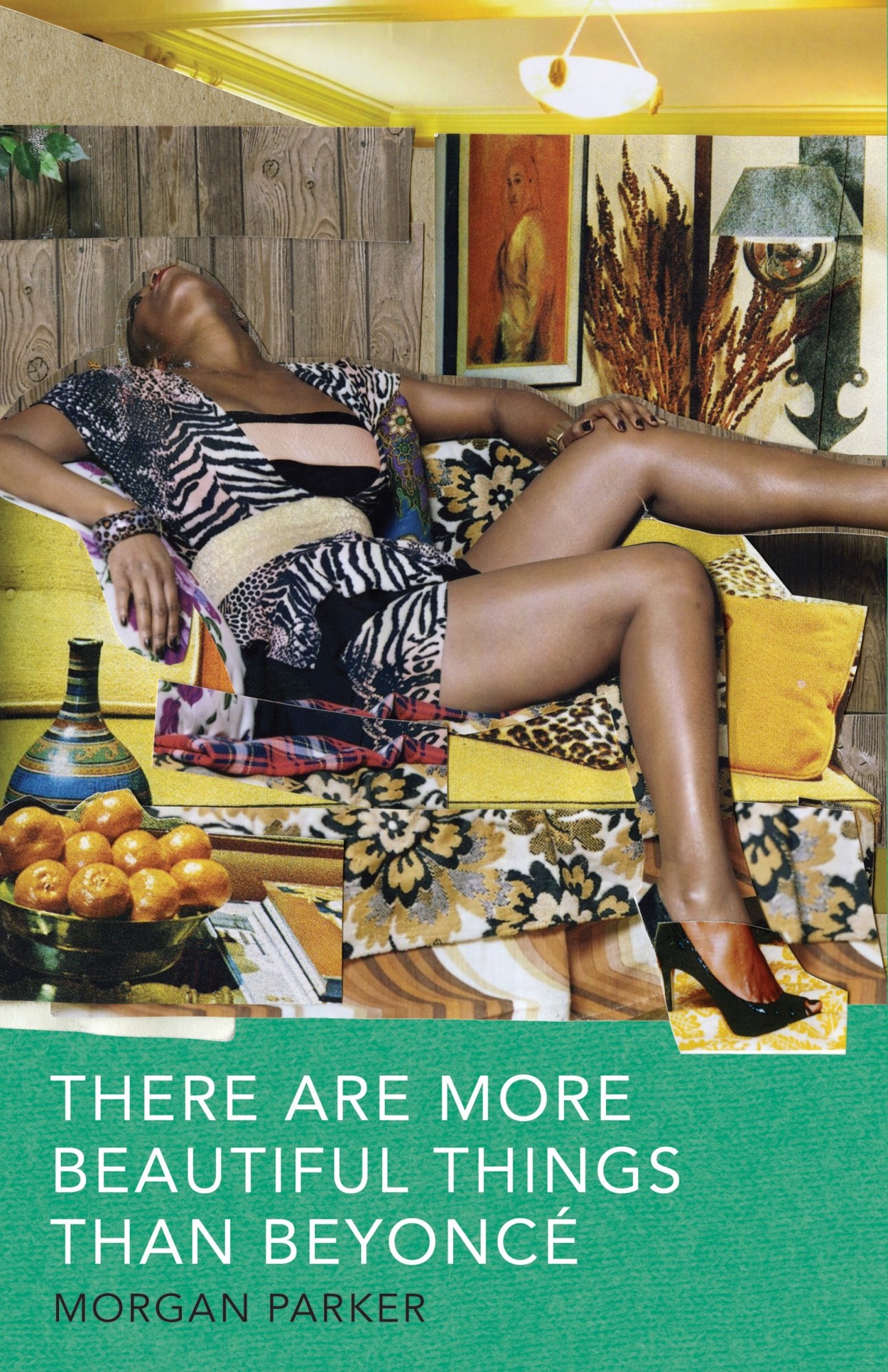
Morgan Parker, There Are More Beautiful Things Than Beyoncé
Morgan Parker — writer, editor, and poet — likes long titles. Her new book includes the poems “Beyoncé, Touring in Asia, Breaks Down in a White Tee,” the Nelly-referencing “It’s Getting Hot in Here So Take Off All Your Clothes,” and the manifesto “ALL THEY WANT IS MY MONEY MY PUSSY MY BLOOD.” Parker weaves together Marvin Gaye lyrics, texting slang, and a critical, caring perspective on black womanhood to create poems that are both radically powerful and laugh-out-loud funny. She also supplies an answer for anyone who has ever wondered what it would be like if Beyoncé and Lady Gaga swapped bodies, in the amazing “Freaky Friday Starring Beyoncé and Lady Gaga” (Tin House Book, February 14).
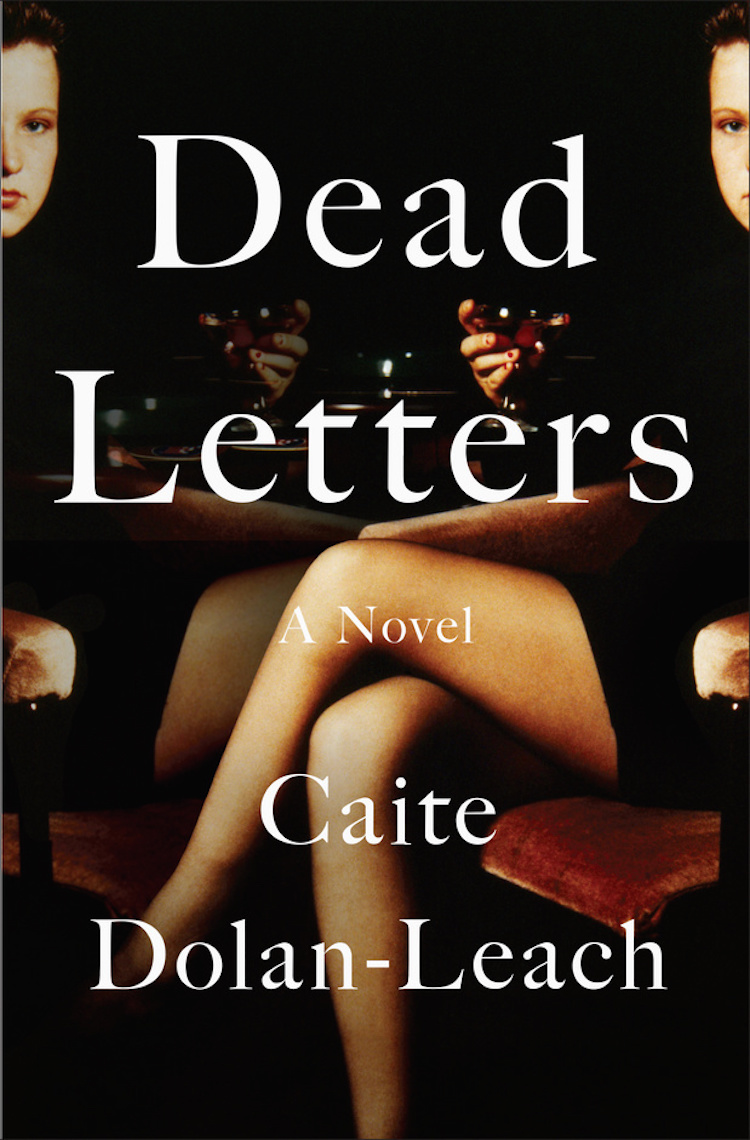
Caite Dolan-Leach, Dead Letters
Caite Dolan-Leach’s debut reads like an Agatha Christie novel set in a world with internet access. It stars Chanel-wearing twin sisters named Ava and Zelda, a letter sent from beyond the grave (prompting a transatlantic scavenger hunt), and a family home on a failing vineyard in upstate New York. The action unfolds with a kind of playful theatricality and cleverness that is totally and utterly engrossing (Random House, February 21).
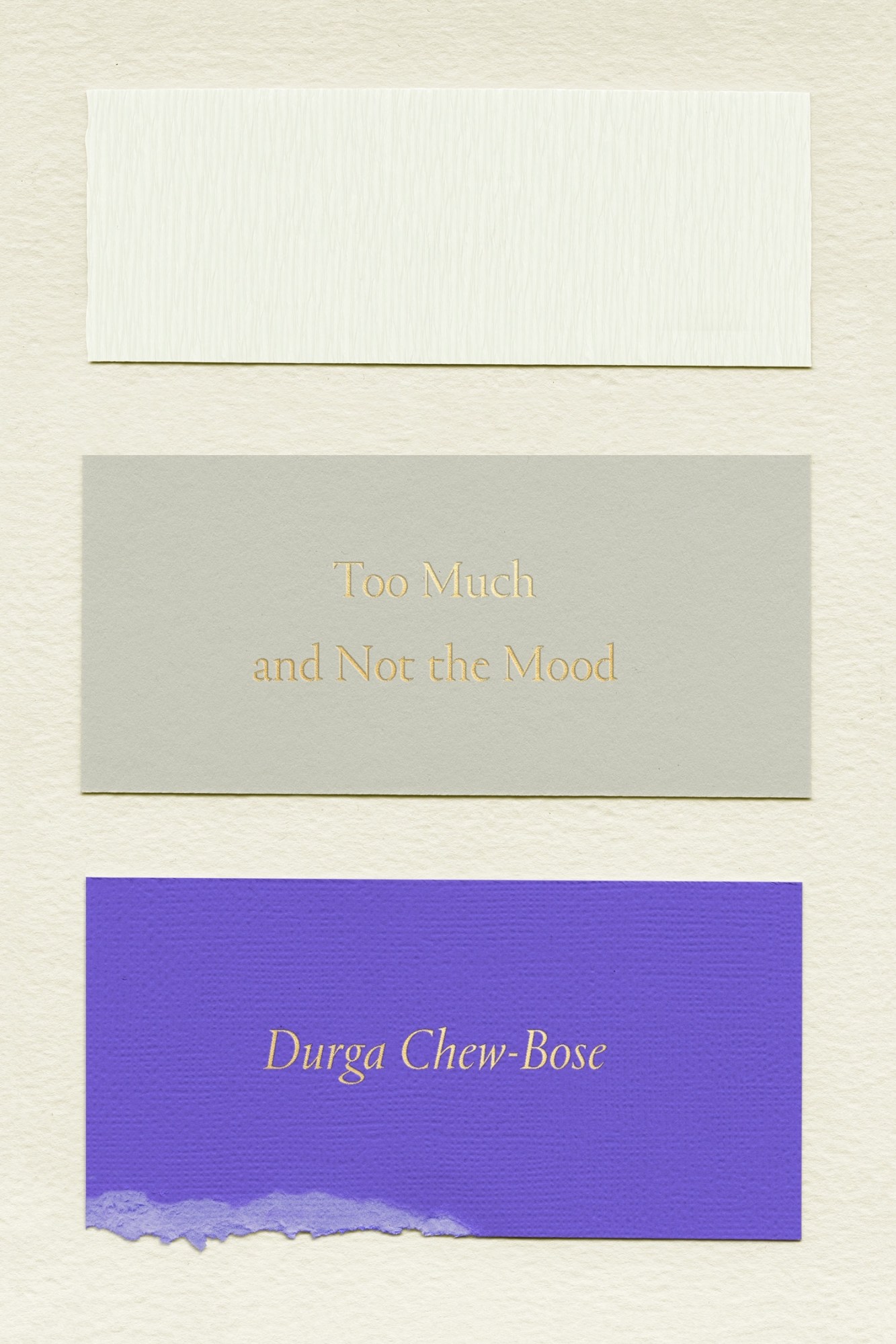
Durga Chew-Bose, Too Much and Not the Mood
“If millennials have an intelligentsia, Brooklyn-based writer Durga Chew-Bose is a member of it,” began a Guardian interview with the writer in 2015. Over the past several years, Chew-Bose has established herself as a provider of considered, original writing in the age of the quickly cobbled-together hot take. In long-form pieces for The New Enquiry and The Hairpin, and sometimes in 140 characters or less, her clear, careful voice cuts through internet chatter, and has helped forge a community of young female writers and critics along the way. Her debut collection of essays explores culture, writing, and identity and was inspired by a 1931 Virginia Woolf diary entry (FSG Originals, April 17).

Emily Ruskovich, Idaho
Emily Ruskovich can communicate a world in a sentence. And in her debut novel, she captures the landscape of an entire state. Ruskovich herself grew up in Idaho — before graduating from the prestigious creative writing MFA program at the University of Iowa and winning the O. Henry Award in 2015. In Idaho, she tells the story of mountain dwelling couple Ann and Wade, through a fragmented multi-perspective remembering of a mysterious act that changed Wade’s life forever (out now through Random House).
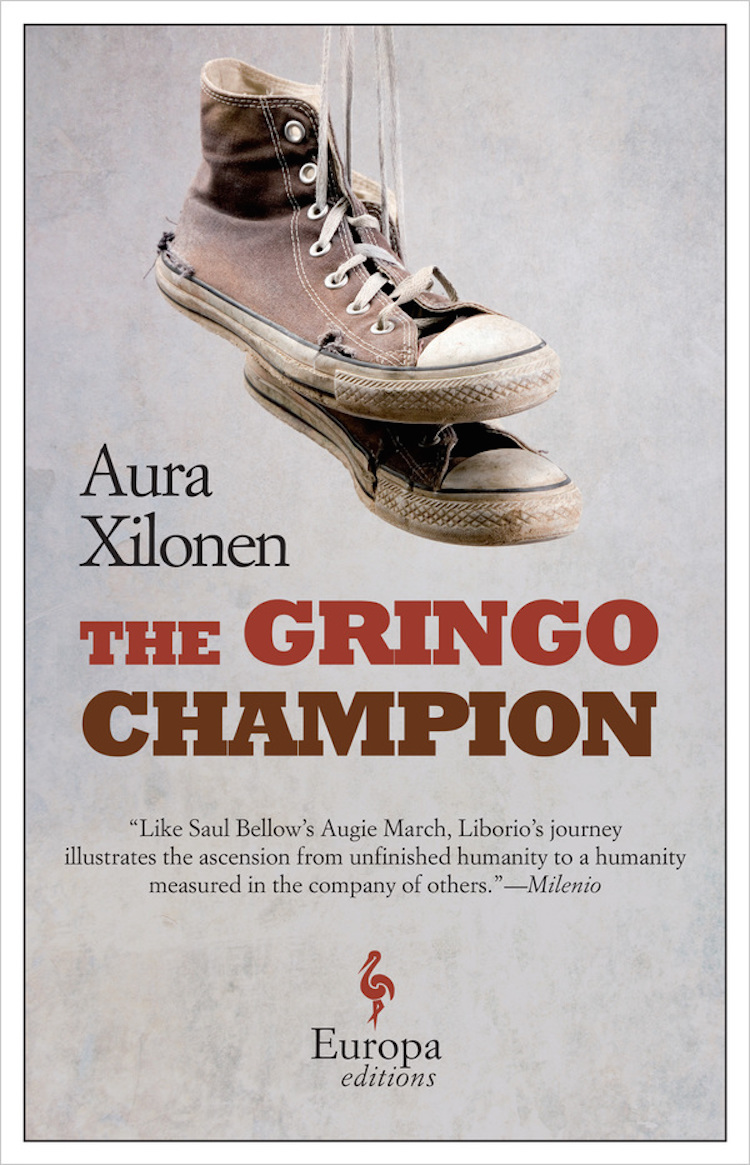
Aura Xilonen, The Gringo Champion
Filmmaker and writer Aura Xilonen completed The Gringo Champion, her first novel, at 19. In it, Liborio, a Mexican teenager, relates his childhood memories from a barrio in a nameless American city not long after crossing the Rio Grande in the hopes of finding a better life. The book is a brutal, blisteringly beautiful account of life on two sides of the border. Xilonen won the 2015 Premio Mauricio Achar in Mexico before making her English language debut this year (out now through Europa Editions).
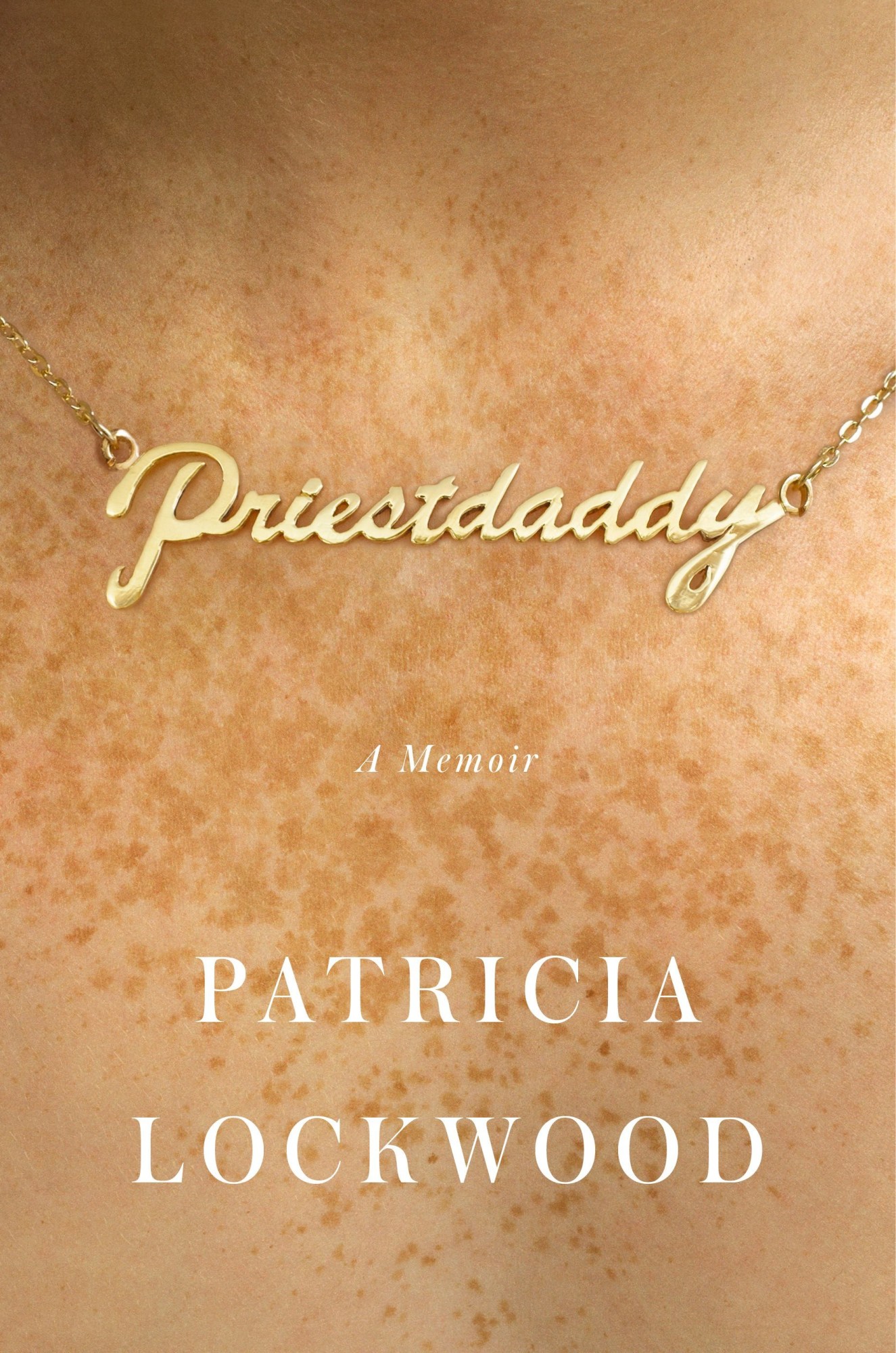
Patricia Lockwood, Priestdaddy
Once described as the “Smutty-Metaphor Queen of Lawrence, Kansas” by the New York Times, Patricia Lockwood has acquired a 60k-strong following and cult status thanks to her Weird Twitter poetry. Not only has she created her own poetic form, “sexts,” but she also wrote perhaps the most iconic tweet of all time: “.@parisreview So is paris any good or not,”. Lockwood’s poetry has in fact appeared in the Paris Review, as well as in two wildly acclaimed collections published in 2012 and 2014. After sharing her poem “Rape Joke” on The Awl in 2013, one critic credited her with “casually reawaken[ing] a generation’s interest in poetry.” Priestdaddy is Lockwood’s first memoir — about growing up with a married Catholic priest as a father (Riverhead Books, May 2).
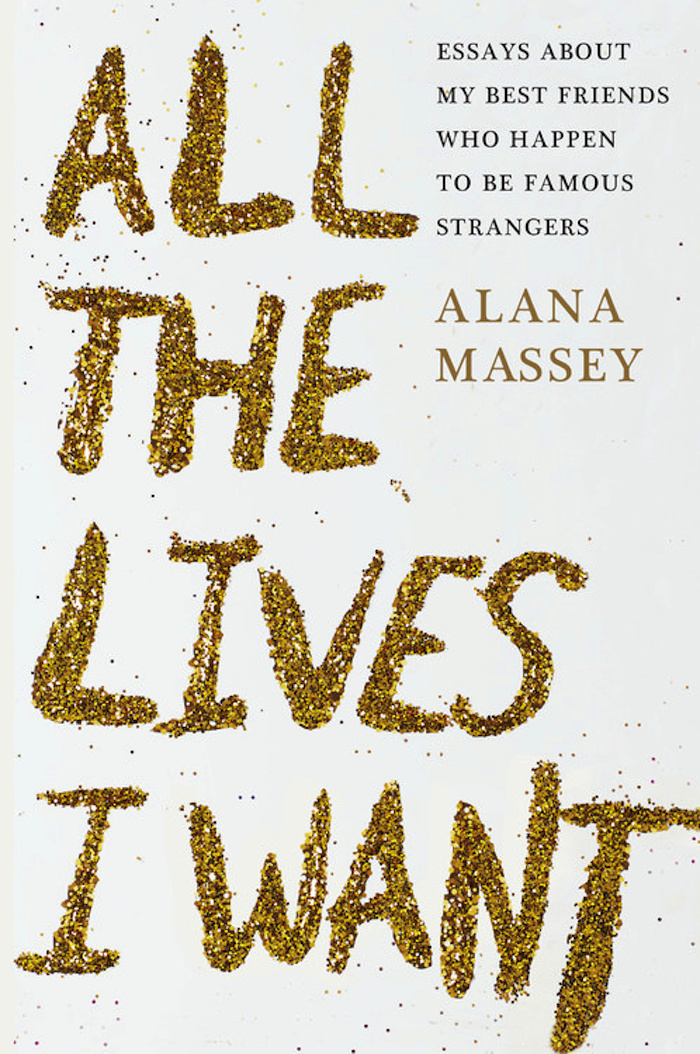
Alana Massey, All the Lives I Want
Alana Massey’s chapter titles sell themselves: “On Mary-Kate and Ashley Olsen and the Singularity,” “Heavenly Creatures: The Gospels According to Lana, Fiona, and Dolly.” What’s less apparent from the essays’ glittery surfaces is that they are also searingly insightful reminders of shared experience — humor-filled rafts of humanity in a sea of contemporary TMZ- and Trump-fueled despair. Massey’s prose captures barely perceptible nuances of feeling we have all felt and holds them up to hilarious effect — all while discussing Daily Mail headlines and Gwyneth Paltrow’s kids’ multilingual tutors. All the Lives I Want is Massey’s first book of published essays, and picks up where her viral BuzzFeed essay “Being Winona in a World Made for Gywneths” left off (Grand Central Publishing, February 7).
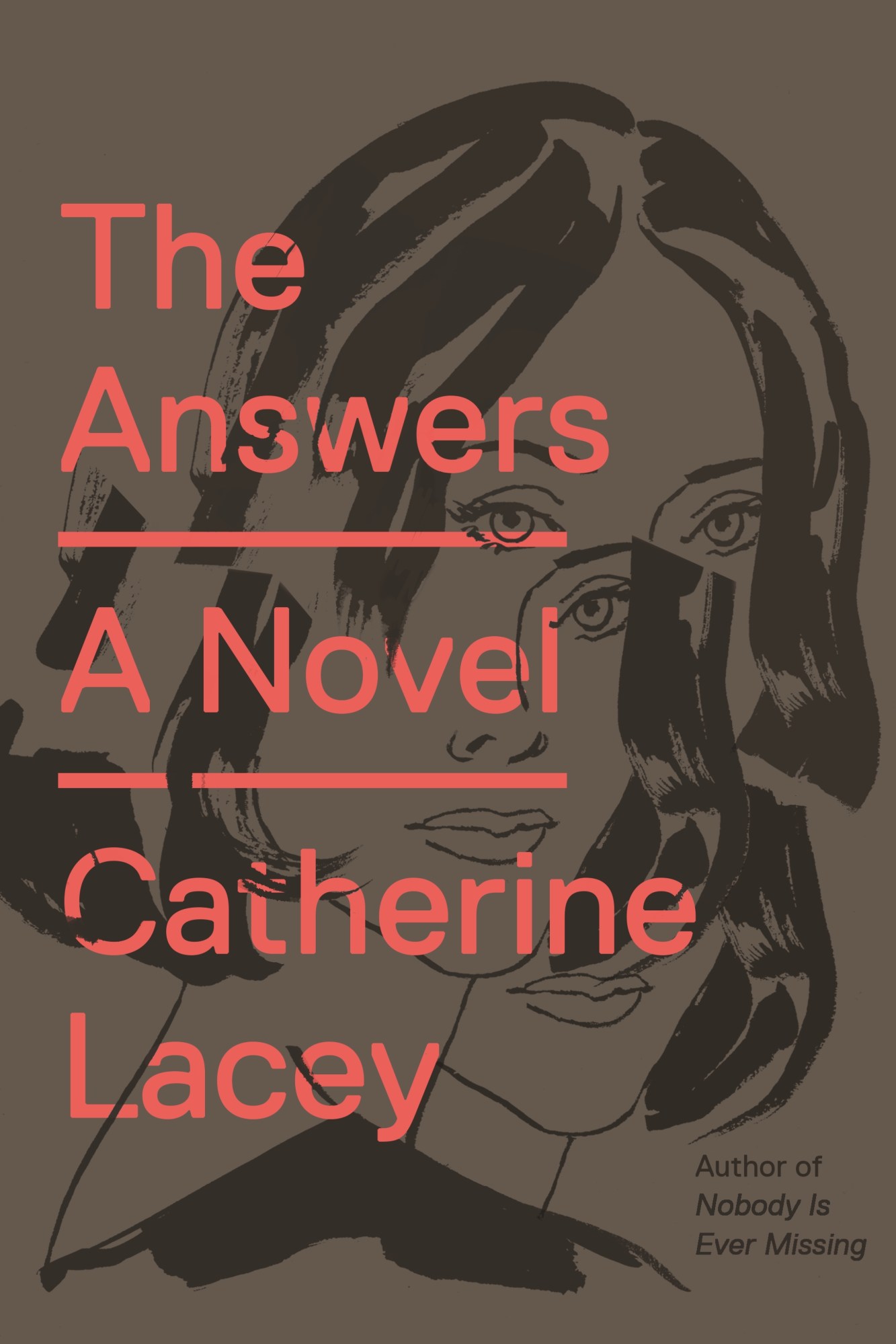
Catherine Lacey, The Answers
A young woman, Mary, seeks pain relief at a New Age treatment center called Pneuma Adaptive Kinesthesia. The clinic is insanely expensive and because, like most young New Yorkers, Mary is perpetually broke, she seeks out cash jobs on Craigslist, signing up for a clearly creepy project called “The Girlfriend Experiment.” A followup to Lacey’s critically acclaimed first novel, Nobody Is Ever Missing (2014), The Answers has everything: a crazy plot, beautifully lyrical writing, and a character with the hilarious, ominously lecherous name Kurt Sky (June 6, Farrar, Straus and Giroux).
Credits
Text Alice Newell-Hanson
